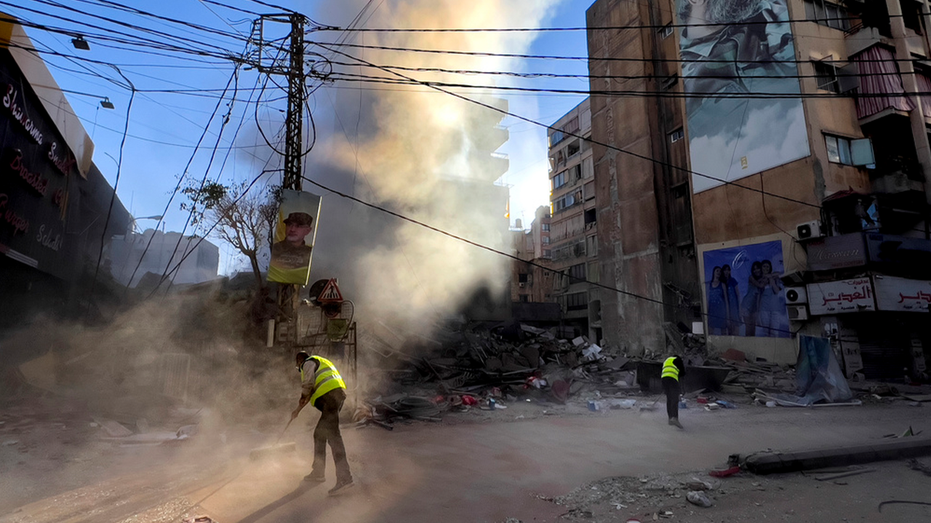In a significant escalation of ongoing tensions, Israel has launched a series of targeted airstrikes against key assets of Hezbollah, aiming to disrupt the militant group’s financial underpinnings. These precise military operations mark a decisive step in Israel’s broader strategy to neutralize perceived threats posed by Hezbollah in the region.
The airstrikes, which took place over several high-priority targets, sought to cripple Hezbollah’s financial infrastructure by specifically targeting sites believed to be integral to the group’s funding and resource management. By striking with precision, Israel intends not only to obstruct Hezbollah’s immediate operations but also to deliver a sustained impact on their long-term capabilities.
These recent military operations underscore Israel’s commitment to countering Hezbollah’s influence and operational capacity, which has been a longstanding concern for the Israeli government. Hezbollah, a Lebanon-based organization with a strong backing from Iran, has been classified as a terrorist group by multiple countries, including the United States, and is viewed by Israel as a persistent regional threat.
Officials on the Israeli side have indicated that these actions were necessary to safeguard national security and maintain regional stability amidst rising tensions. The airstrikes are purportedly designed to minimize casualties, focusing instead on dismantling the financial channels that enable Hezbollah’s military and political activities.
Despite these efforts, the backlash is anticipated to reverberate across an already volatile geopolitical landscape. Observers predict a range of possible responses from Hezbollah, which may include intensified military exchanges at Lebanon’s border or other forms of retaliatory measures. This potential for escalation highlights the delicately balanced order that parties across the Middle East are striving to maintain.
In response to the strikes, Hezbollah has yet to officially confirm the extent of the damage or outline their intended course of action. However, the group is known for its resilience and ability to adapt to external pressures, suggesting that Israel’s move might only be the beginning of a prolonged period of heightened tensions.
Regional experts argue that while these airstrikes might succeed in temporarily hampering Hezbollah’s financial operations, the broader implications could necessitate renewed diplomatic efforts to ensure long-term peace and stability. Many urge continued dialogue to address the underlying causes of the conflict and to explore pathways for de-escalation.
As the international community watches the unfolding events with keen interest, the coming days will be crucial in determining the next moves by both Israel and Hezbollah. Whether through continued military action or diplomatic negotiations, stakeholders will undoubtedly have to navigate a complex and deeply entrenched conflict to avoid a further deterioration of an already precarious situation.































